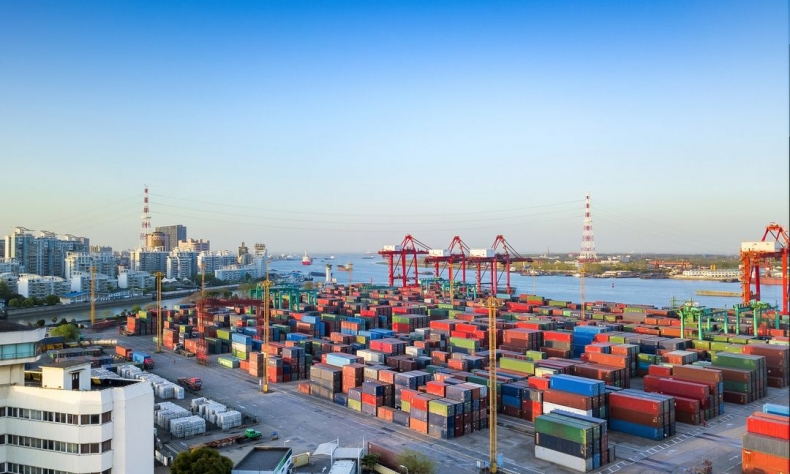Trade Booms in Spite of COVID-19

By 2035, the new forms and models shall push China’s foreign trade to the next level, with the full-fledged support of a stronger legal system.
On July 9, the Chinese Government released a document on accelerating the growth of new business forms and models in foreign trade. The document proposed to promote innovations in China’s foreign trade sector, in terms of systems, management, service, business forms and models. Meanwhile, policies and pragmatic measures on new business forms and models of foreign trade have been drafted, covering cross-border e-commerce, market purchase, comprehensive foreign trade service companies, offshore trade, and overseas warehouses.
This latest document is seen as a top-level arrangement to accelerate the development of China’s new business forms and models in foreign trade, yet their ultimate success relies on various efforts. International cooperation and exchanges in intellectual property rights protection and cross-border logistics chains need to be greatly promoted. Besides, a balanced mix between imported and exported commodities will be optimized. More support should lean toward the export of hi-tech, high value-added and brand products, while the import of goods closely related to the public’s daily life should be amplified.
The new business forms and models are a new way to conduct foreign trade, empowered by new technologies and tools, such as digital technology, cross-border e-commerce and big data.
In China, specifically, these new types have been on the rise in recent years. According to statistics from the Ministry of Commerce, in 2020, imports and exports by Chinese cross-border e-commerce businesses reached 1.69 trillion yuan (around $260.9 billion), while cross-border e-business grew tenfold within five years. Its market purchase increased by five times within six years, exceeding 700 billion yuan ($108 billion) in 2020. So far, foreign trade comprehensive service companies have reached 1,500 in China, serving more than 200,000 clients, while the number of overseas warehouses has exceeded 1,900.

The appeal of China’s new business forms and models may well stem from the combination of conventional trade and cross-border e-commerce, which has led to B2B2C overseas warehousing, contributing to the efficiency of terminal distribution.
Furthermore, China’s healthy new forms and models are good news for worldwide trade, as these models in international trade may receive a boost from China. For example, thanks to the Chinese e-business sector, new forms, such as cross-border e-business and bulk warehousing, have also begun to develop in other economies.
Nevertheless, breezing ahead and helping with China’s high quality development they may be, yet the road to success does come with various stumbling blocks. Consequently, the creation of innovative, bespoke policy guidelines will facilitate the growth of new business forms and models.
The novel models are aligning with China’s new development paradigm, with domestic circulation as the mainstay and domestic and international circulations reinforcing one another. This new paradigm was enshrined in the 14th Five-Year Plan (2021-25) for National Economic and Social Development and the Long-Range Objectives Through the Year 2035, which was released in March.
Finally, the new document demands that by 2025, these new business forms and models in foreign trade will see better-developed systems, mechanisms and a more hospitable environment, as well as the establishment of various internationally competitive leading companies and industrial clusters.
By 2035, the new forms and models shall push China’s foreign trade to the next level, with the full-fledged support of a stronger legal system.
 Facebook
Facebook
 Twitter
Twitter
 Linkedin
Linkedin
 Google +
Google +










